How Much Are Underwater Metal Detectors?
In the world of treasure hunting and underwater exploration, metal detectors play a crucial role. Whether you're a hobbyist looking to find lost treasures or a professional diver searching for valuable artifacts, an underwater metal detector can be an invaluable tool. However, one of the most common questions that arise is: "How much do underwater metal detectors cost?" This article aims to provide a detailed answer to this question, along with other essential considerations to help you make an informed decision.
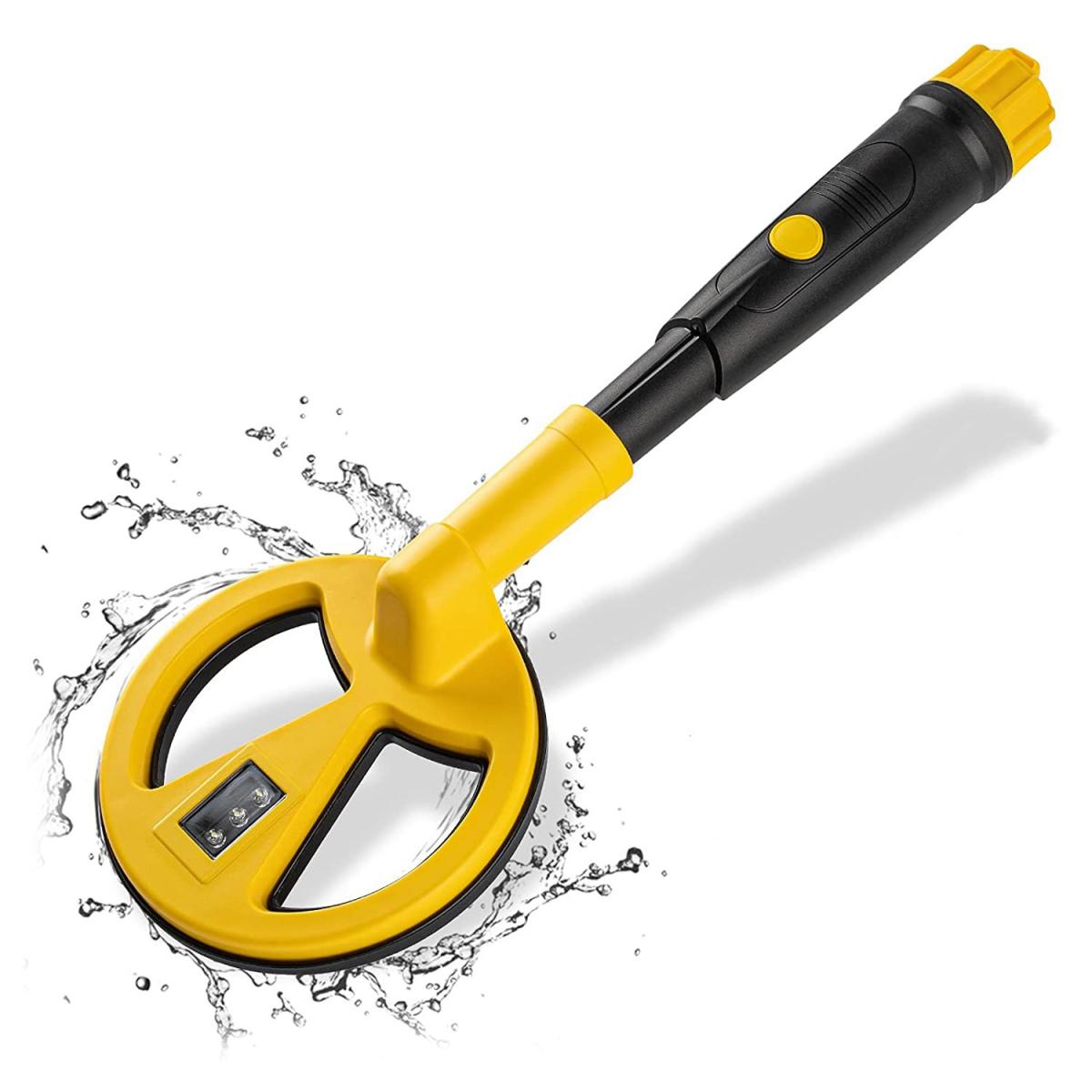
Understanding the Basics
Before diving into the costs, it's essential to understand what an underwater metal detector is and how it differs from standard metal detectors. Underwater metal detectors are specifically designed to function in wet environments, including freshwater lakes, rivers, and saltwater oceans. They are built to be waterproof and often come with features that make them more effective in underwater conditions, such as enhanced sensitivity and discrimination capabilities.
Factors Influencing the Cost
The price of underwater metal detectors can vary widely based on several factors:
1. Technology and Features: Advanced features like pulse induction (PI) technology, multi-frequency operation, and enhanced discrimination capabilities can significantly impact the cost. PI detectors are generally more expensive but offer better performance in saltwater conditions.
2. Depth Rating: The maximum depth at which a detector can operate is another crucial factor. Detectors with higher depth ratings are typically more expensive.
3. Brand and Build Quality: Established brands with a reputation for quality and durability often come with a higher price tag. The materials used in construction, such as corrosion-resistant metals and high-quality plastics, also affect the cost.
4. Accessories and Add-ons: Additional accessories like specialized search coils, headphones, and carrying cases can add to the overall cost.
Price Ranges
Based on the factors mentioned above, underwater metal detectors can be categorized into three main price ranges:
1. Entry-Level ($100 - $300): These detectors are suitable for beginners and casual hobbyists. They offer basic features and are generally limited in depth and sensitivity. Examples include the Bounty Hunter TK4 Tracker IV and the Garrett Sea Hunter Mark II.
2. Mid-Range ($300 - $800): Mid-range detectors offer a good balance of features and affordability. They are suitable for more serious hobbyists and semi-professional users. Examples include the Minelab Excalibur II and the Fisher CZ-21.
3. High-End ($800 and above): High-end detectors are designed for professional use and offer advanced features, superior depth capabilities, and excellent build quality. Examples include the Garrett ATX and the Nokta Makro Anfibio Multi.
Additional Costs to Consider
While the initial purchase price is a significant factor, it's essential to consider additional costs that may arise:
1. Maintenance and Repairs: Regular maintenance is crucial to ensure the longevity of your detector. This may include replacing worn-out parts, battery replacements, and occasional repairs.
2. Training and Certification: If you're new to underwater metal detecting, you may need to invest in training courses to learn how to use your equipment effectively and safely.
3. Diving Gear: Depending on the depth and conditions in which you plan to operate, you may need additional diving gear such as wetsuits, fins, and oxygen tanks.
4. Permits and Licenses: In some regions, you may require permits or licenses to conduct underwater metal detecting, especially in protected areas or historical sites.
Making the Right Choice
Choosing the right underwater metal detector involves balancing your budget with your specific needs and goals. Here are some tips to help you make an informed decision:
1. Define Your Purpose: Are you a casual hobbyist, a serious enthusiast, or a professional? Your level of commitment and the type of treasures you're seeking will influence your choice.
2. Research and Reviews: Read reviews and watch videos from other users to get a sense of the performance and reliability of different models. Forums and online communities can be valuable resources for firsthand experiences.
3. Test Before You Buy: If possible, try out different models before making a purchase. Some retailers offer demo units or rental options that allow you to test the detector in real-world conditions.
4. Consider Future Needs: Think about your long-term goals and whether you might need more advanced features in the future. Investing in a higher-end model now could save you money in the long run.
Underwater metal detecting can be a rewarding and exciting activity, but it's essential to choose the right equipment to ensure success. The cost of underwater metal detectors varies widely based on technology, features, depth rating, and brand. By understanding these factors and considering additional costs, you can make an informed decision that aligns with your budget and goals. Whether you're just starting or looking to upgrade your equipment, there's an underwater metal detector out there that's perfect for you. Happy hunting!


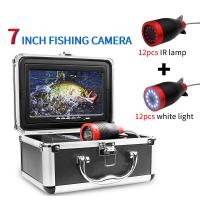
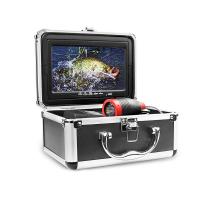
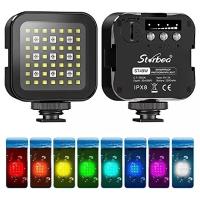
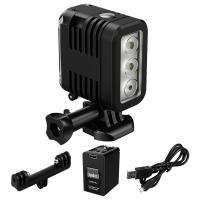
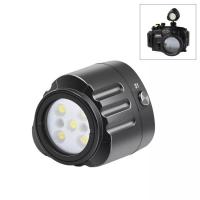
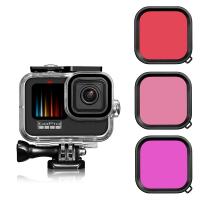
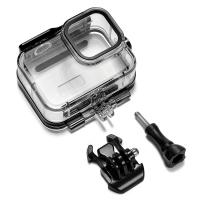
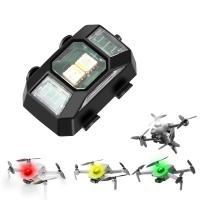
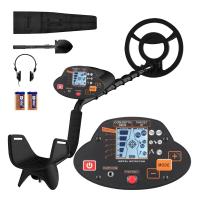
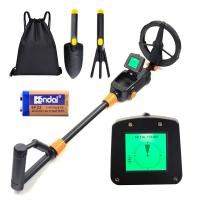
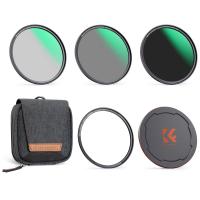


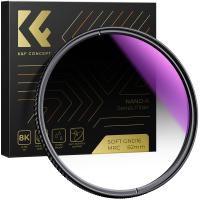
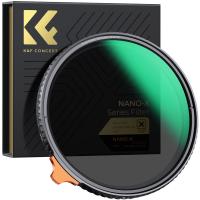
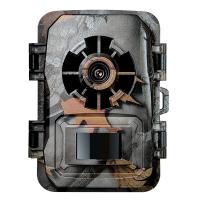
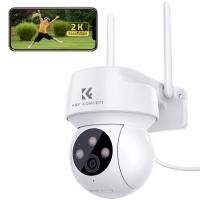

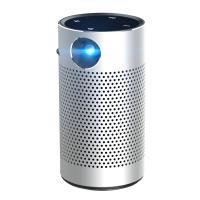
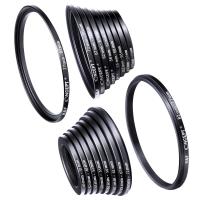
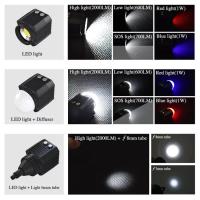
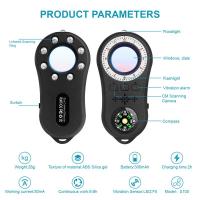
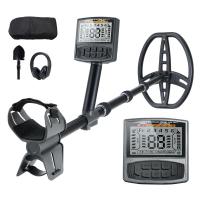
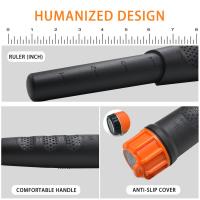
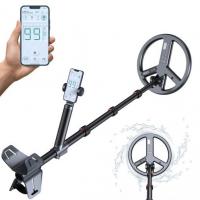
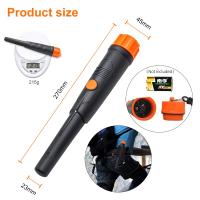
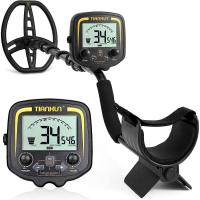
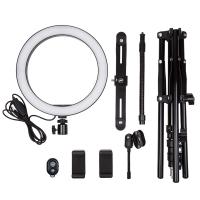
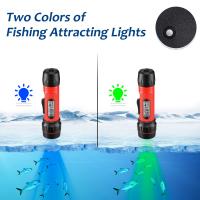


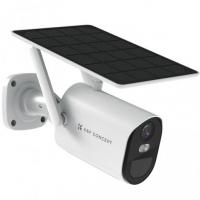
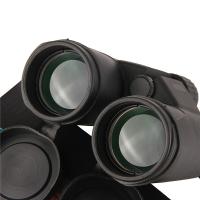
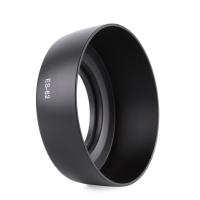



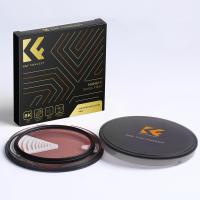
There are no comments for this blog.